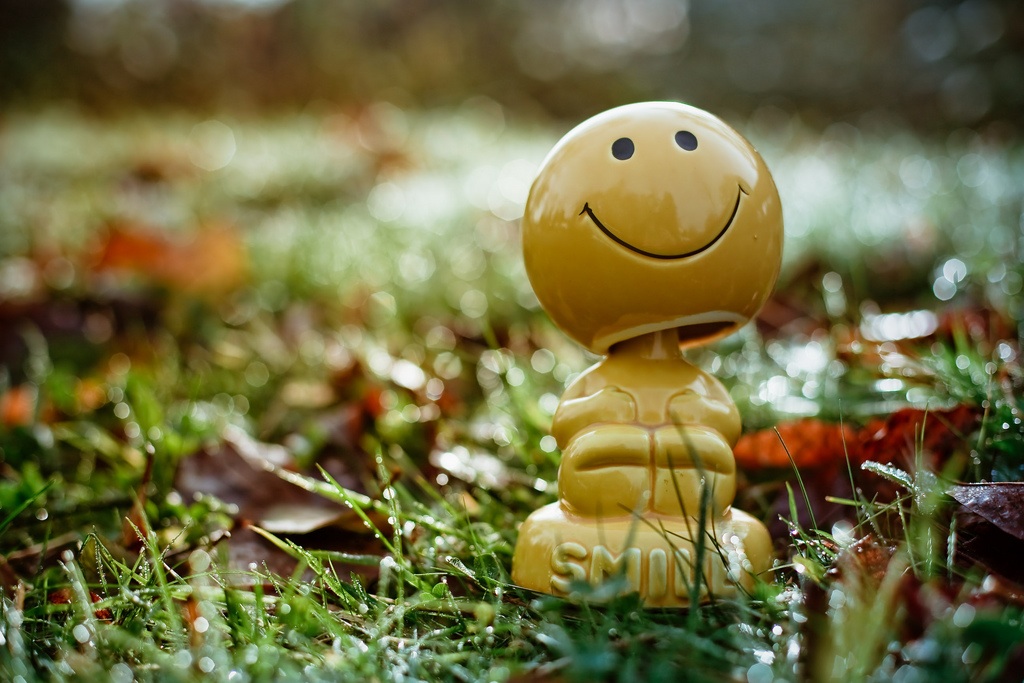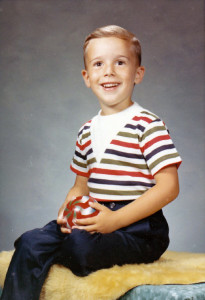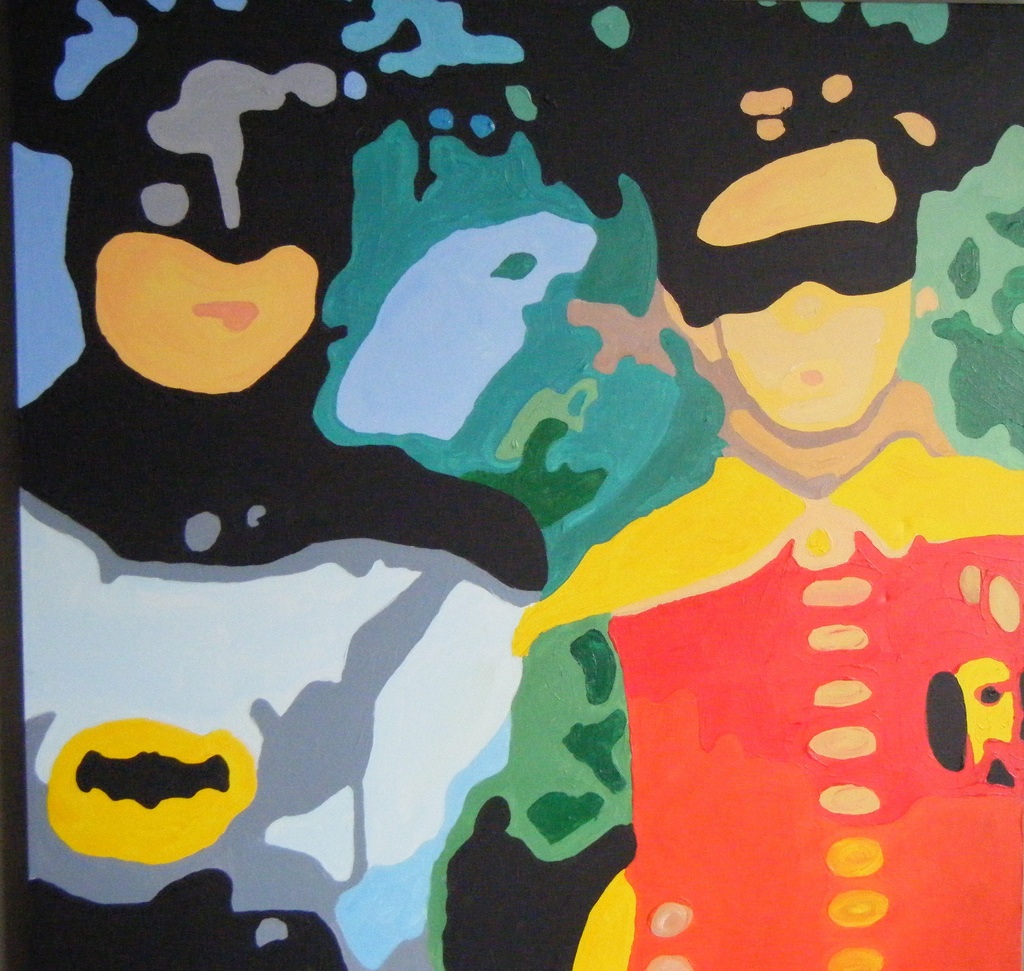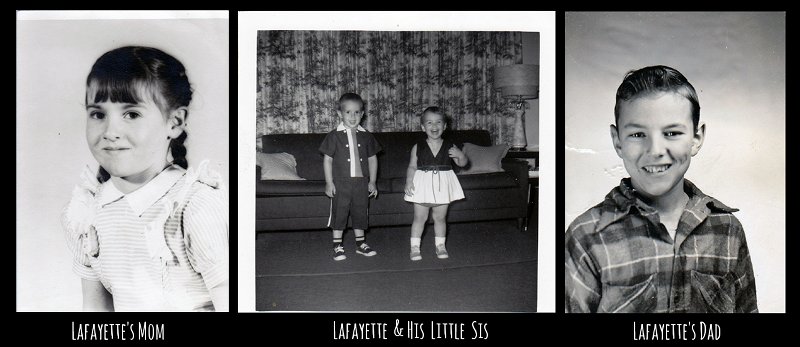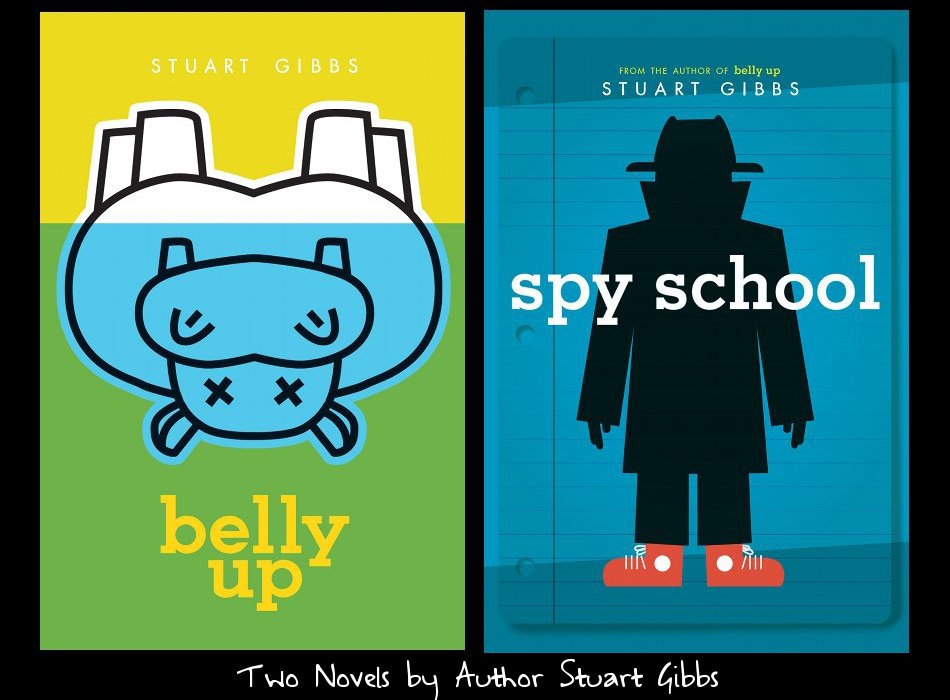 “It is never too late to be who you might have been.” George Eliot
“It is never too late to be who you might have been.” George Eliot
I admit it. I’m flat out and unabashedly envious of those writers who’ve always known this was their calling. Those people who’ve had a lifelong love affair not just with books and with words, but with storytelling.
Back in May, I first encountered the fun middle-grade novel Belly Up by Stuart Gibbs which follows twelve-year-old protagonist Teddy Fitzroy as he sets out to uncover who’s behind the mysterious death of FunJungle theme park mascot Henry the Hippo. Since then, I’ve added another novel by Gibbs, Spy School, to my queue of must read books for this summer.
When I consider that what I most enjoyed about Belly Up was the playfulness of Gibbs’ storytelling (a delightful lighthearted combination of adventure and humor), I suppose I shouldn’t have been surprised to learn that he was one of those childhood scribes I mentioned above, the sort who’ve been concocting stories most of their lives.
Gibbs is the first of several writers I admire whom I’ve asked to write a brief guest post for Write Side Up based on the question, What Are You Writing For?
A Guest Post by Stuart Gibbs
What am I writing for?
I am writing because I love it. I have loved writing for as long as I can remember. That’s not hyperbole. That’s what I did in my spare time when I was a child. I wrote. I still have folders full of stories I wrote back then. (That comment prompted the question: what did you write?)
I wrote all sorts of things, though I guess the common theme was that they tended to be about animals, rather than people. Among the things in my ‘archives,’ I have a story about dinosaurs coming back to life and showing up in a small town, and a whole book about a dog and a cat who were friends. (I actually tried to get the book published when I was in first grade. My first grade teacher helped me send it in to a publisher. I actually recall getting my first rejection letter quite clearly.)
I’m not sure exactly when I did the writing, but I probably did a lot of it in school. I seem to recall having a lot of teachers who were very supportive of me writing stories. (After all, it’s a very quiet activity.)
Possibly the best experience was that one school put one of my stories — the one about the dinosaurs — in the school library, which meant other kids could check it out and read it. It was a really wonderful, supportive thing of my school to do and it was very encouraging to a young writer.
It’s little wonder, I suppose, that Gibbs adds:
I always wanted to be an author.
I used to go into the bookstore or the library and find the spot on the bookshelves where my books would be, if they existed. So now, the thrill of seeing my books in a bookstore or library is indescribable. And it never gets old.
However, there is now another reason I write, something I could never have imagined back when I was a child. I have children of my own. I didn’t really set out to write middle grade fiction; that’s just how things worked out. But now, the fact that I am writing books that my children can read — or that I can read with them — is truly wonderful.
As rewarding as it is to write because that’s what’s in you, because that IS YOU being “the person you might have been,” I imagine experiencing your stories through the eyes of the people who matter most in your life must be incomparable.
I’m glad that Stuart Gibbs is getting such a chance. For selfish reasons, I’m also glad he didn’t let that early rejection stop him from doing the thing he’s always wanted to do. After all, I for one enjoy a good story and look forward to what Gibbs does next.
